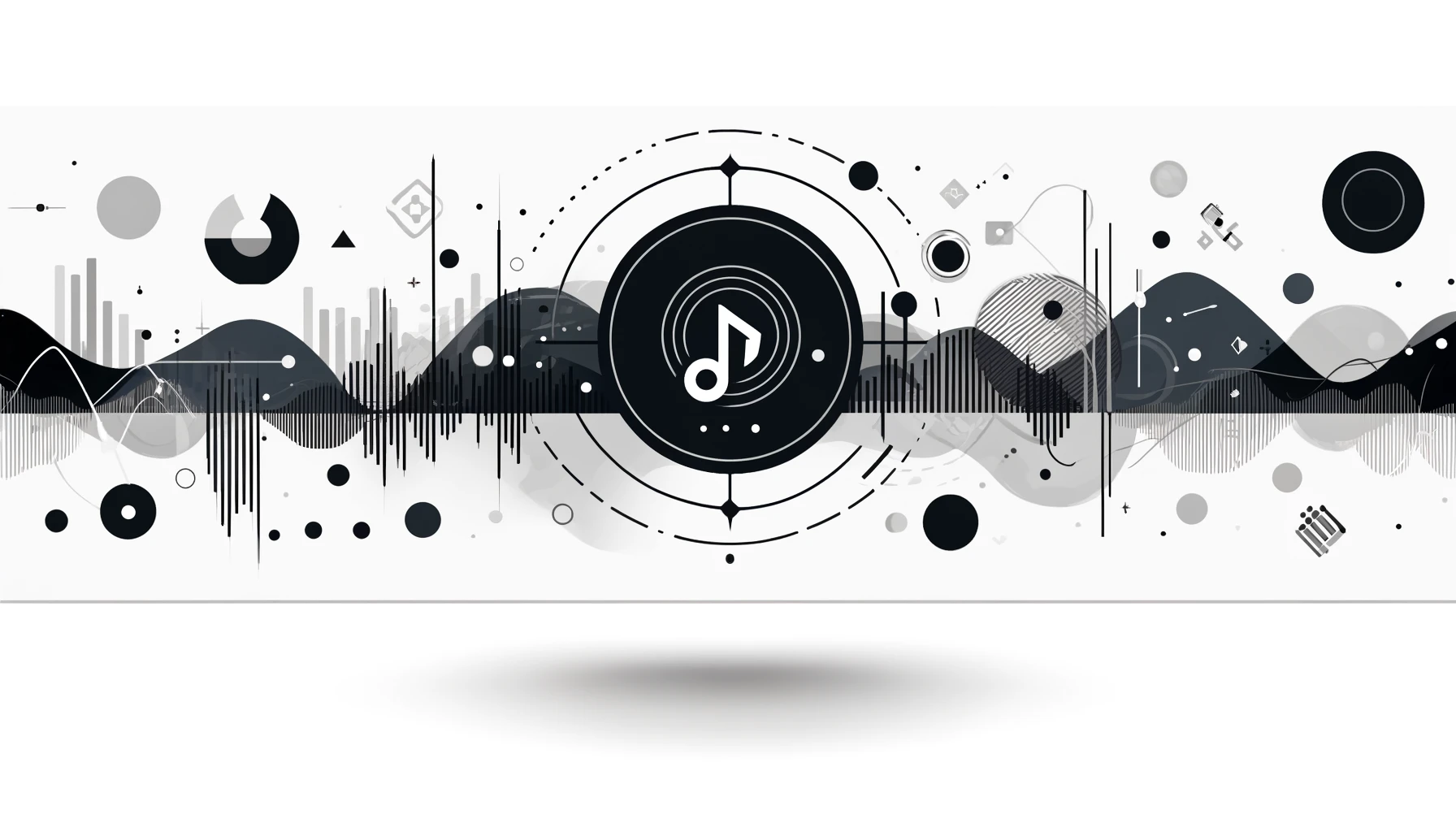In today’s digital age, audio technology has come a long way. With the advent of Artificial Intelligence (AI), audio enhancers have taken the world by storm. These innovative tools have transformed the way we listen to music, podcasts, and even voice calls. In this article, we’ll delve into the world of AI audio enhancers, exploring how they work, their technical aspects, and providing examples of their applications.
How AI Audio Enhancers Work
AI audio enhancers use machine learning algorithms to analyze audio signals and improve their quality. These algorithms are trained on large datasets of audio files, allowing them to learn patterns and relationships between different audio characteristics. When an audio file is fed into the system, the algorithm analyzes the audio signal, identifying areas that require enhancement.
The algorithm then applies a series of mathematical transformations to the audio signal, adjusting parameters such as frequency response, noise reduction, and compression.

These transformations are designed to enhance the audio signal, making it sound clearer, more detailed, and more engaging.
Technical Aspects
AI audio enhancers typically employ a combination of the following techniques:
- Filtering: AI algorithms apply filters to the audio signal to remove noise, hum, and other unwanted frequencies.
- Equalization: The algorithm adjusts the frequency response of the audio signal to emphasize or attenuate specific frequencies.
- Compression: The algorithm reduces the dynamic range of the audio signal, making it more consistent and easier to listen to.
- Noise Reduction: The algorithm identifies and removes noise from the audio signal, resulting in a cleaner and more refined sound.
Examples of AI Audio Enhancers
- Music Enhancement: AI audio enhancers can be used to improve the quality of music recordings. By applying algorithms that adjust frequency response and compression, music can be made to sound more vibrant and engaging.
- Voice Calls: AI audio enhancers can be used to improve the quality of voice calls. By reducing noise and enhancing voice clarity, voice calls can be made to sound more natural and clear.
- Podcasts: AI audio enhancers can be used to improve the quality of podcasts. By applying algorithms that adjust frequency response and compression, podcasts can be made to sound more professional and engaging.
- Audio Restoration: AI audio enhancers can be used to restore old or degraded audio recordings. By applying algorithms that remove noise and enhance frequency response, old recordings can be made to sound like new.
Real-World Applications
AI audio enhancers have a wide range of real-world applications, including:
- Music Production: AI audio enhancers can be used to improve the quality of music recordings, making them sound more professional and engaging.
- Voice Assistants: AI audio enhancers can be used to improve the quality of voice assistants, making them sound more natural and clear.
- Audio Post-Production: AI audio enhancers can be used to improve the quality of audio post-production, making films and TV shows sound more immersive and engaging.
- Audio Forensics: AI audio enhancers can be used to analyze and enhance audio evidence in forensic investigations.
Conclusion
AI audio enhancers have revolutionized the way we listen to audio. By applying machine learning algorithms to audio signals, these innovative tools can improve the quality of music, voice calls, podcasts, and more. With their wide range of applications, AI audio enhancers are set to transform the audio industry in the years to come.
Read related articles:

